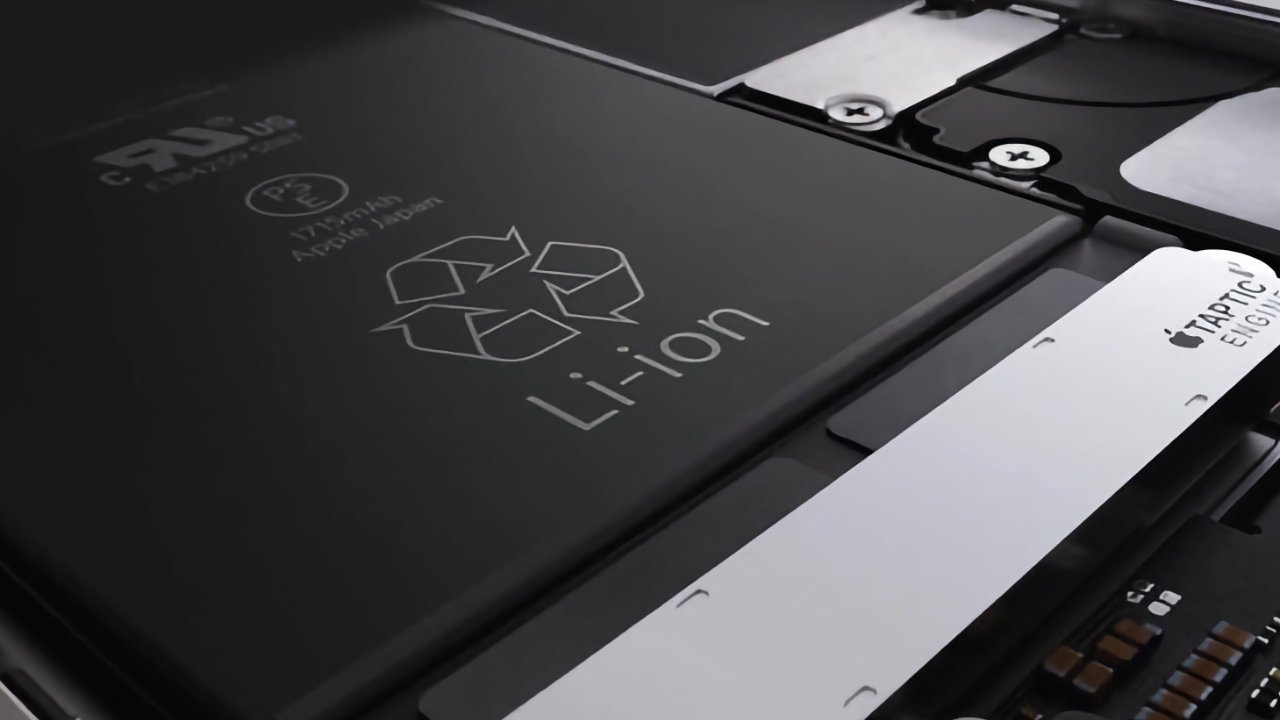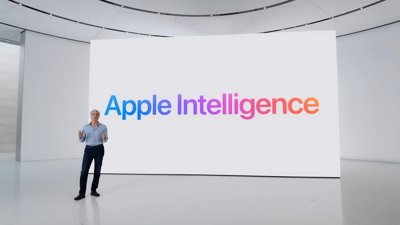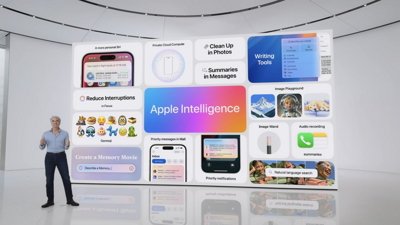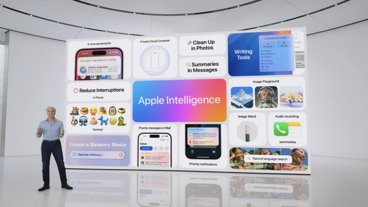The UK's Court of Appeal has rejected Apple's request to dismiss a $1 billion lawsuit over cutting the performance of an iPhone 6 and other models with chemically depleted batteries.
Consumer rights activist Justin Gutmann filed his case in 2022, through the UK's equivalent of a US class action lawsuit. According to a statement to AppleInsider from Gutmann's legal team, Apple's attempts to get the case dismissed on appeal have now failed.
"[The UK] Court of Appeal has given the go-ahead for the so-called 'Batterygate' lawsuit — a collective action brought on behalf of millions of UK users, which accuses Apple of intentionally 'throttling' iPhone batteries," says the statement. "Apple will now be forced to defend itself in court, after it tried but failed to get the 853 million pounds [$1.1 billion] claim thrown out."
Gutmann claims that Apple should have told approximately 24 million users that their iPhones would be "throttled." The models cited in the case are:
- iPhone 6
- iPhone 6 Plus
- iPhone 6s
- iPhone 6s Plus
- iPhone SE
- iPhone 7
- iPhone 7 Plus
According to Gutmann's filing, Apple willfully concealed the fact that its it would throttle, or slow down, these devices. Consequently, the lawsuit claims that users had multiple issues from slower application launching and lower speaker volume, to a disabled camera flash.
Central to the complaint is that in order to regain performance, users had to upgrade to newer iPhones, or pay Apple to replace the batteries in their existing devices.
While Apple has yet to comment on the Court of Appeal's decision, it has previously apologized for this so-called "throttling." However, the intention behind the throttling was to prolong the life of the iPhone battery, and specifically to prevent unexpected shutdowns when a chemically depleted battery couldn't maintain enough voltage to keep the phone running at top speed.
Following that 2017 apology, Apple cut the price of replacement iPhone batteries in the UK from 65 pounds to 25 pounds until the end of December 2018. It did the same in the US, where battery replacement prices were cut to $29 instead of between $49 and $69, depending on the model of iPhone.
What happens next
No date has been set yet for the trial. However Gutmann's representatives at law firm Charles Lyndon, plus Monckton Chambers and the Berkeley Research Group, have set out the next stage for claimants.
UK residents who meet the eligibility criteria — for instance by having owned one of the affected iPhone models — do not need to do anything. They are automatically included the lawsuit, although by being so, they forfeit their right to bring a separate action against Apple.
If an eligible UK resident wants to opt out of the lawsuit, they have until June 7, 2025 to do so. Similarly, an eligible claimant currently residing outside the UK, has until the same date to opt in.
More details, including how to opt in or out, are on the iPhone Claim website.
The UK case is far from the only one concerned with Apple's alleged "batterygate". In 2020, Apple agreed to pay out $500 million to end a US class-action lawsuit over the issue, although it then took until 2024 for it to send out checks to affected customers.
 William Gallagher
William Gallagher







-m.jpg)






 Wesley Hilliard
Wesley Hilliard


 Malcolm Owen
Malcolm Owen
 Christine McKee
Christine McKee

 Amber Neely
Amber Neely



-m.jpg)




7 Comments
The term Milking a Dead Horse comes to mind.
LOL
Once again everybody...here are the three situations where throttling could occur:
A. Battery is at or below 80% capacity. Any lithium ion battery in any phone begins to lose the ability to provide consistent voltage at/below 80% capacity.
B. Battery is at or below 20% charge. Regardless of whether the battery is brand new or old, voltage flow can become inconsistent below 20% charge.
C. Battery is exposed to cold temperatures. Freezing temperatures can cause any lithium ion battery in any phone to lose consistent voltage flow.
All three of those situations are standard limitations for any phone sized lithium ion battery. And two out of the three don't require the user to get a new battery. Throttling would only occur in situations where the voltage demand from the system was too high for the battery to provide. In other words, without throttling the phone would simply shut off as a safety precaution per the voltage issue.
I was one of the “affected” users. My iPhone 6 with an ageing battery would suddenly shut down even when the battery had over 50% charge. Worst of all it would happen in the middle of a business call. Apple released the battery update and I no longer had any problems. I remember telling my wife how fantastic the update was! 3D games and the like still ran fast. Kept me going for ages before I had the battery replaced, so yes, Apple’s intention to prolong the life of the iPhone battery was true. Daily drove my iPhone 6 for 8 years. Dumbest lawsuit ever.